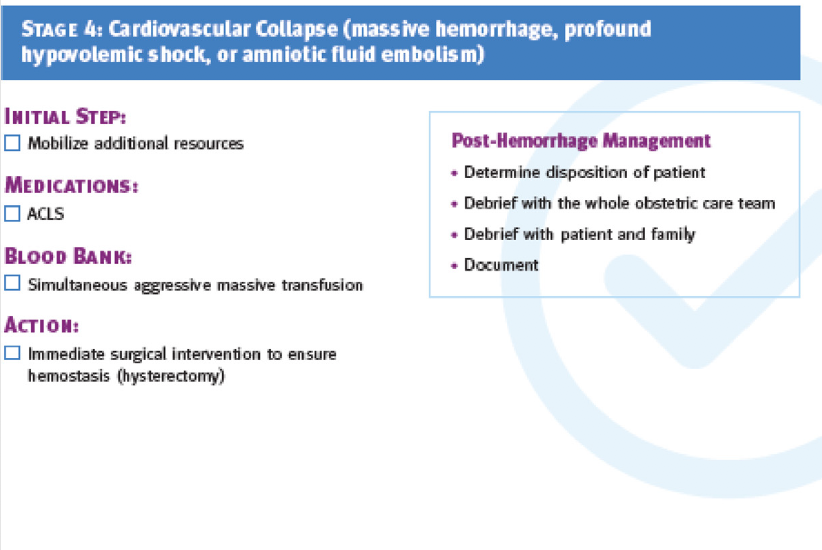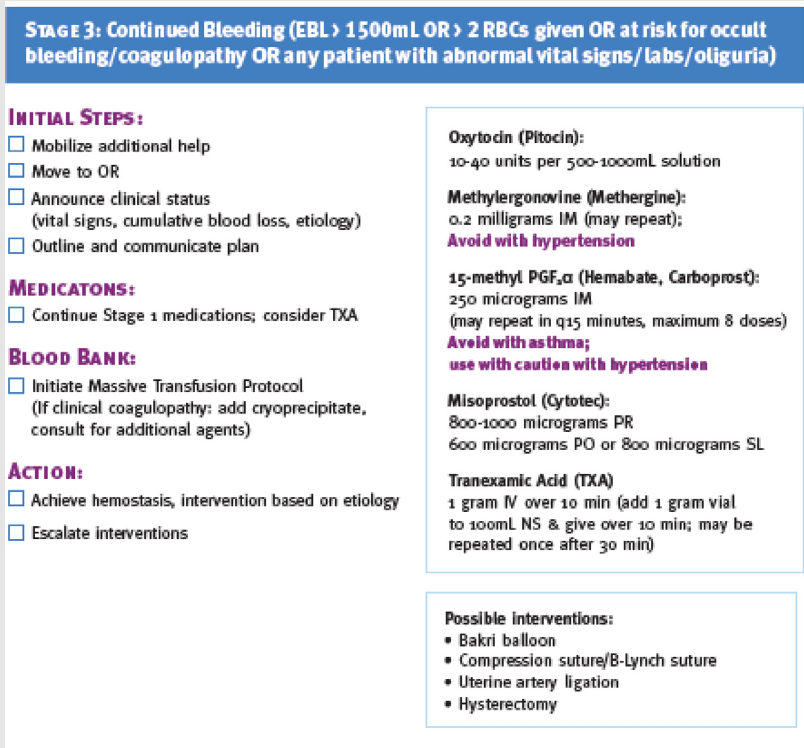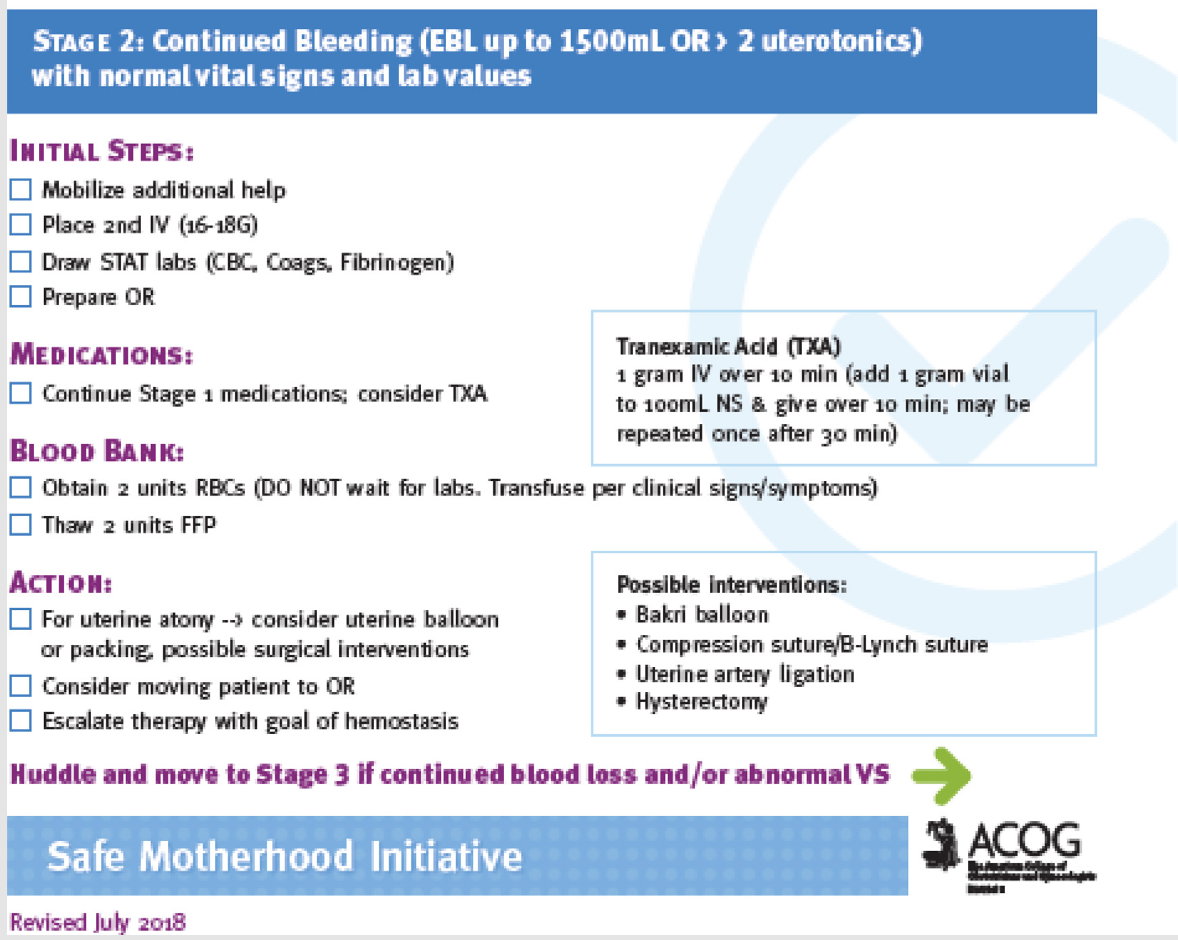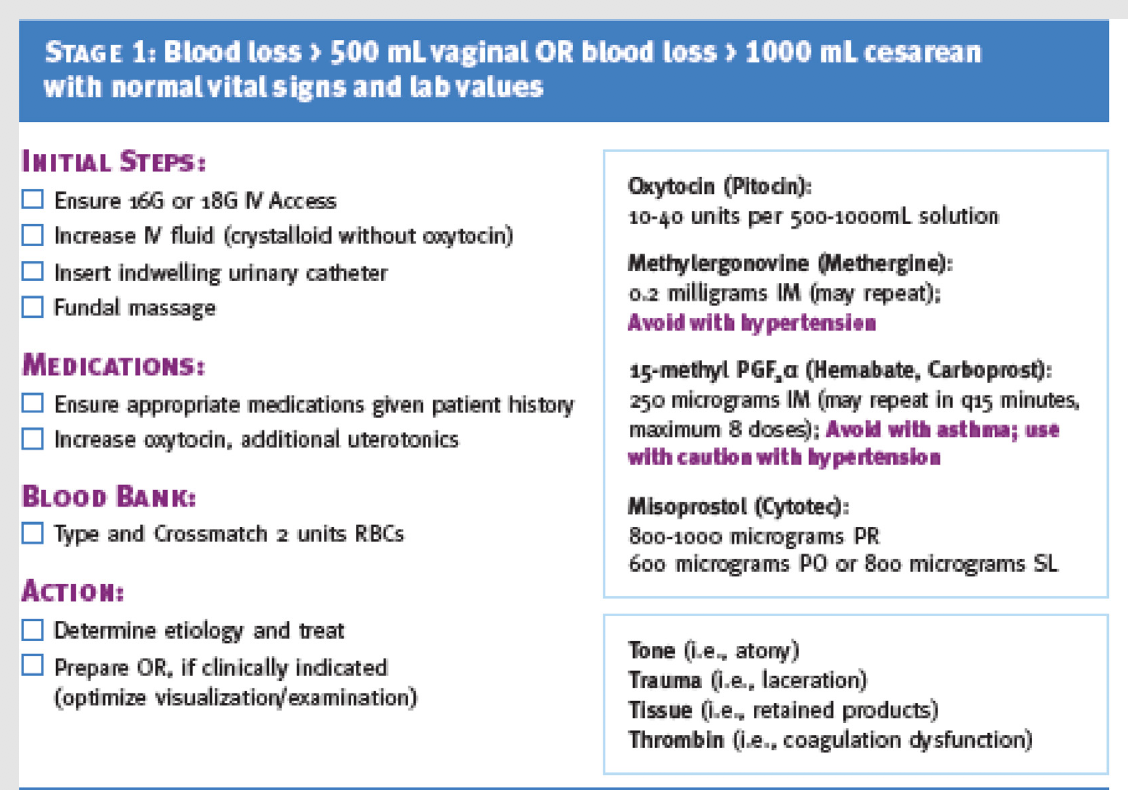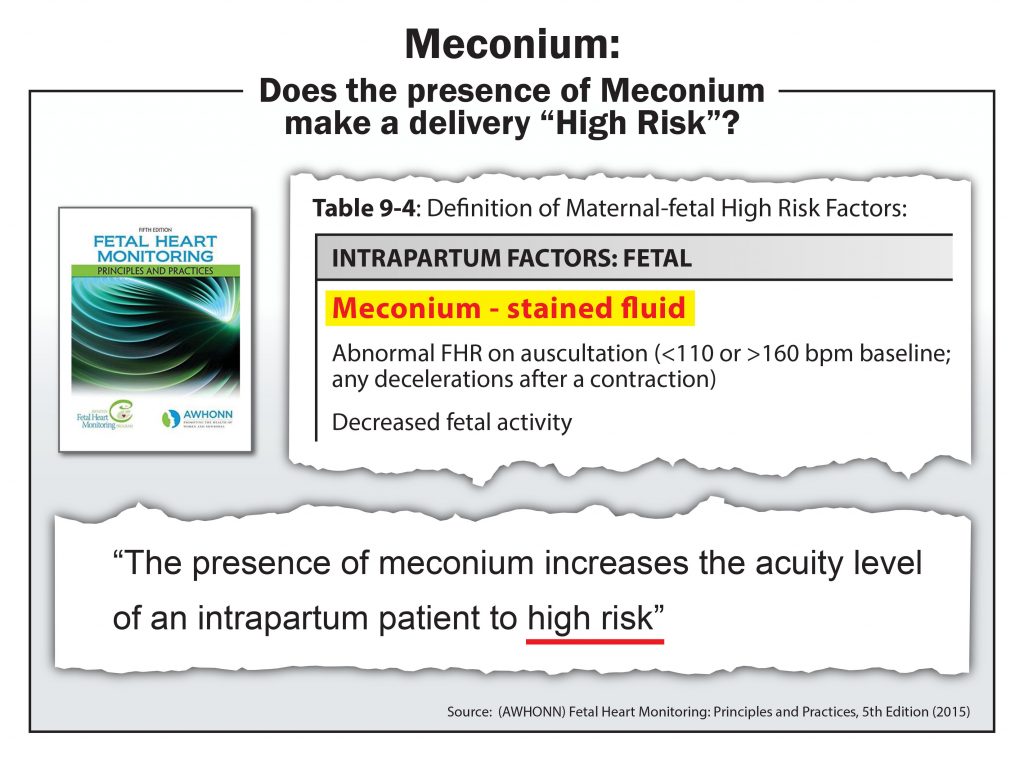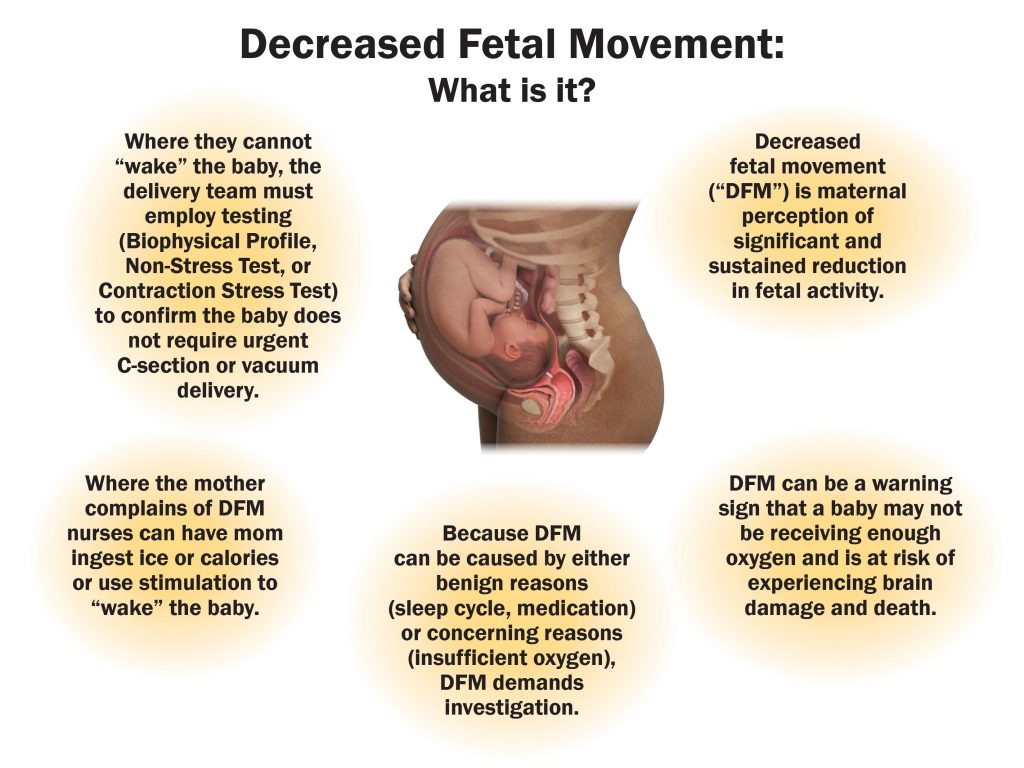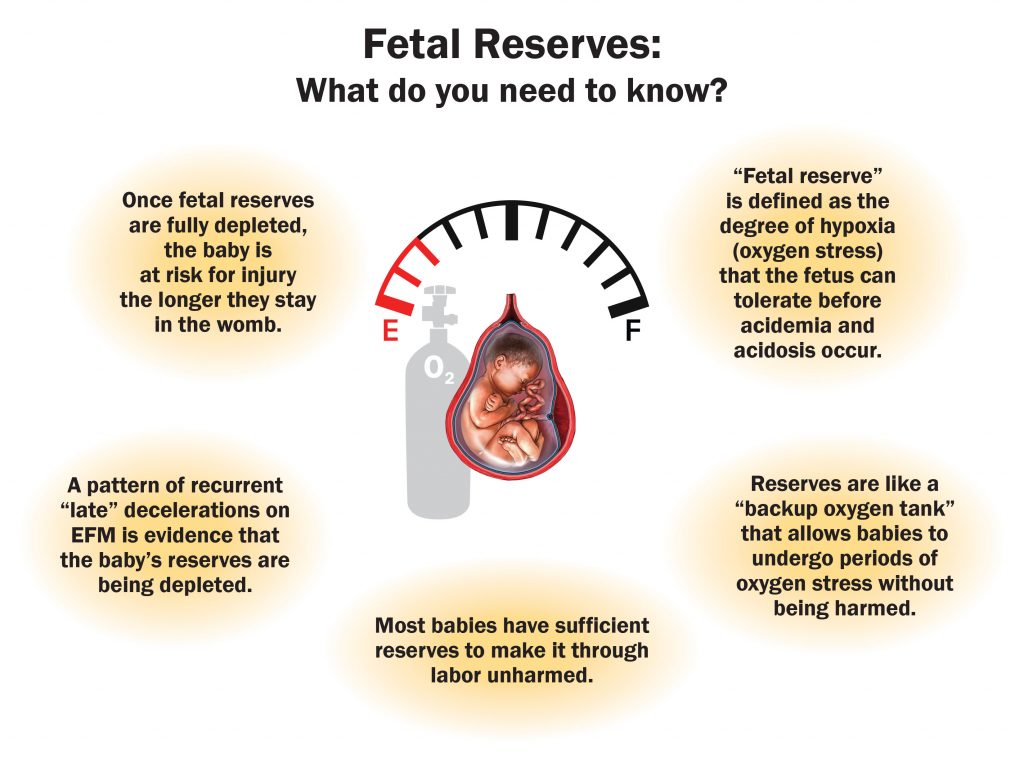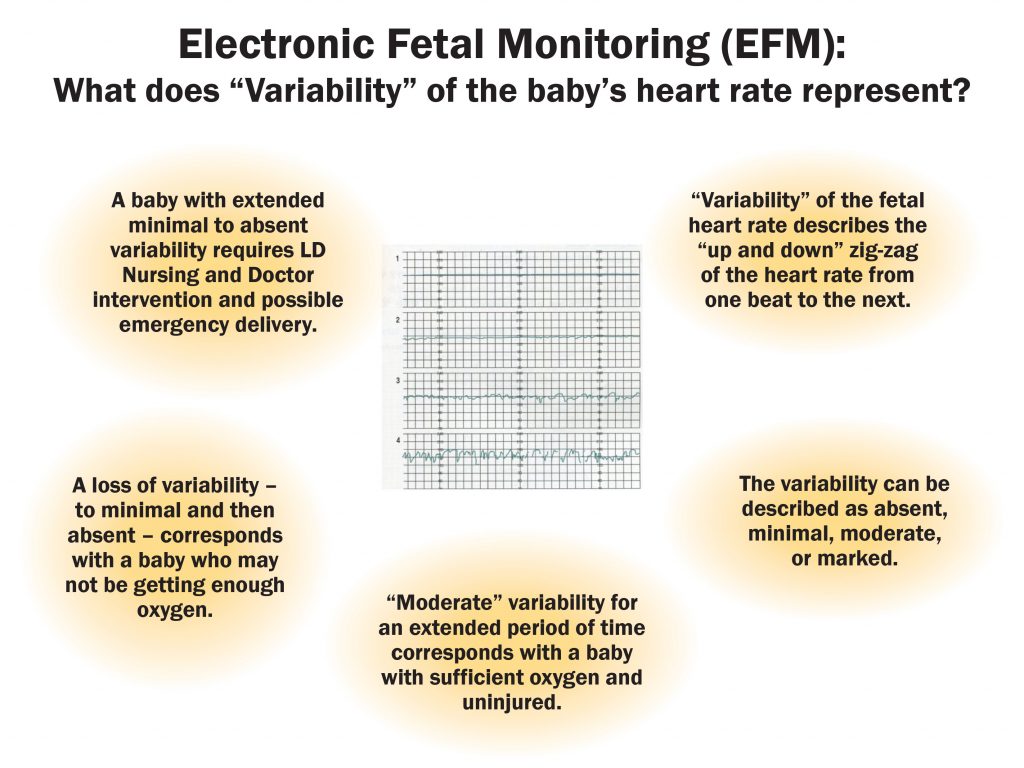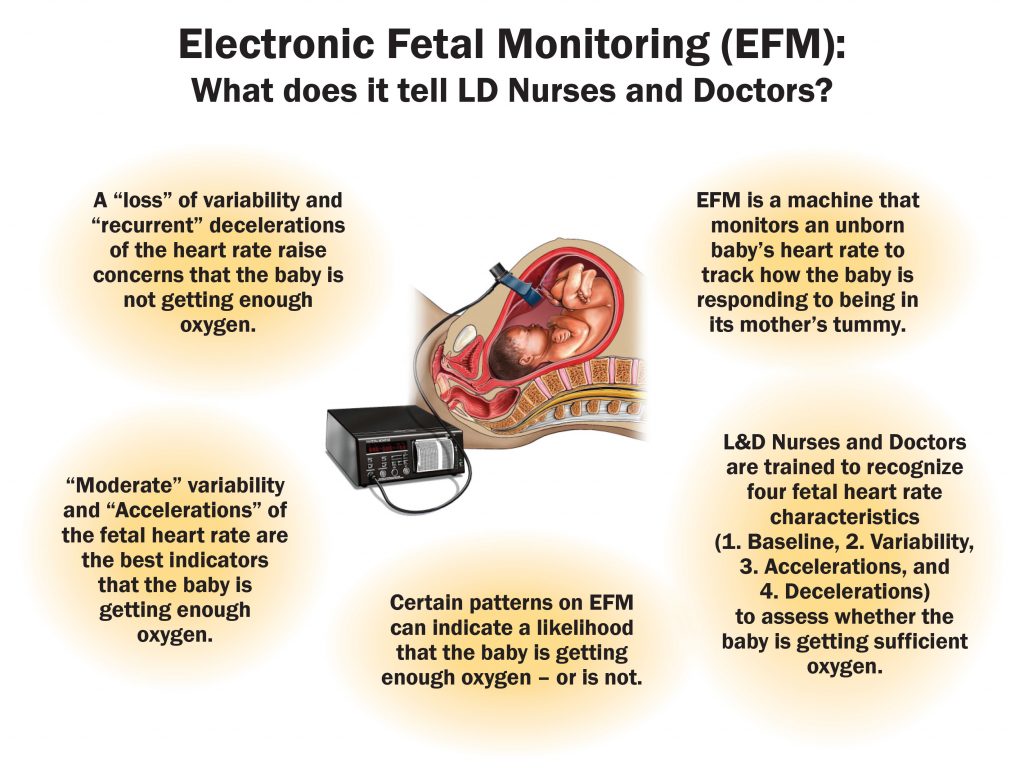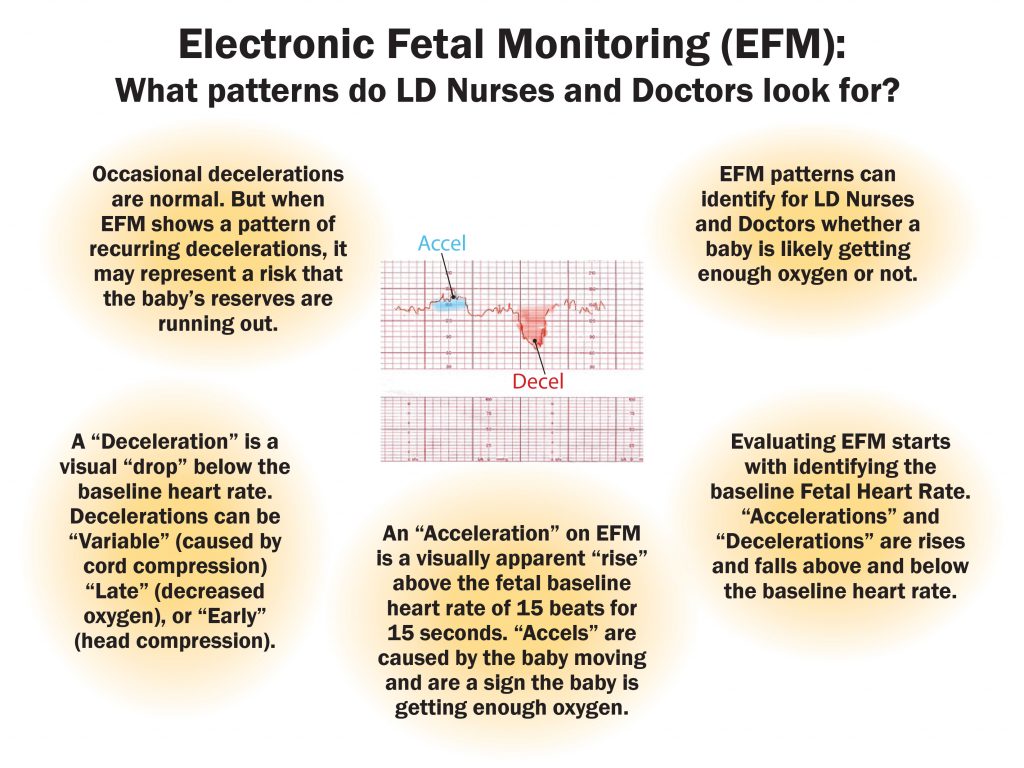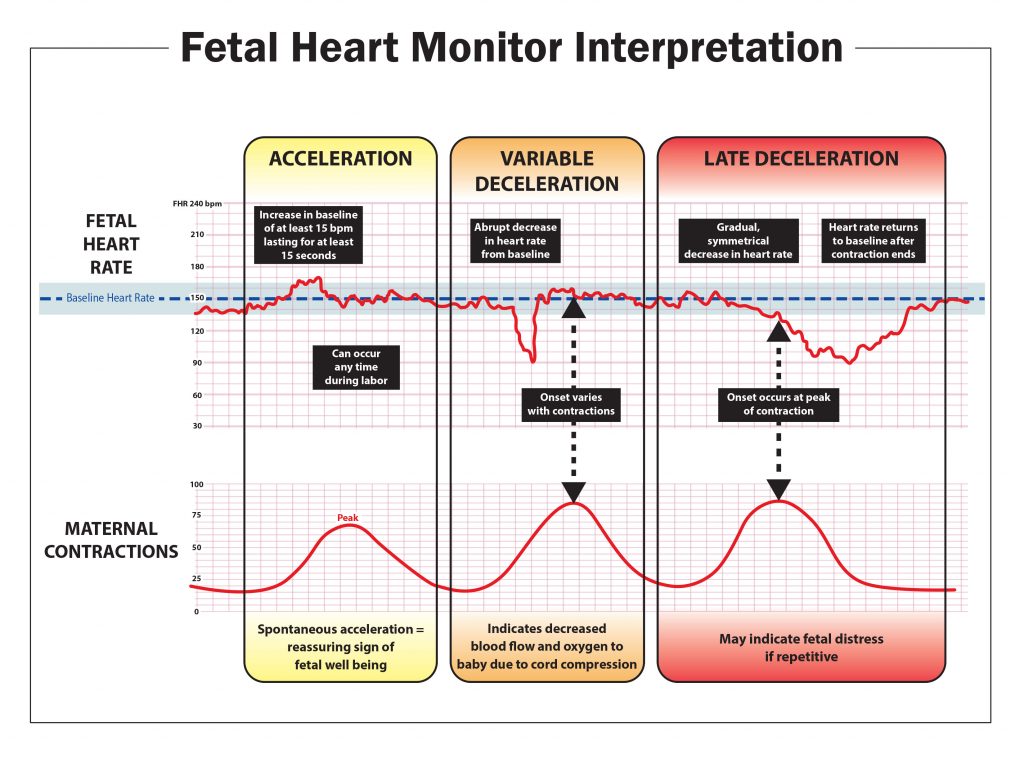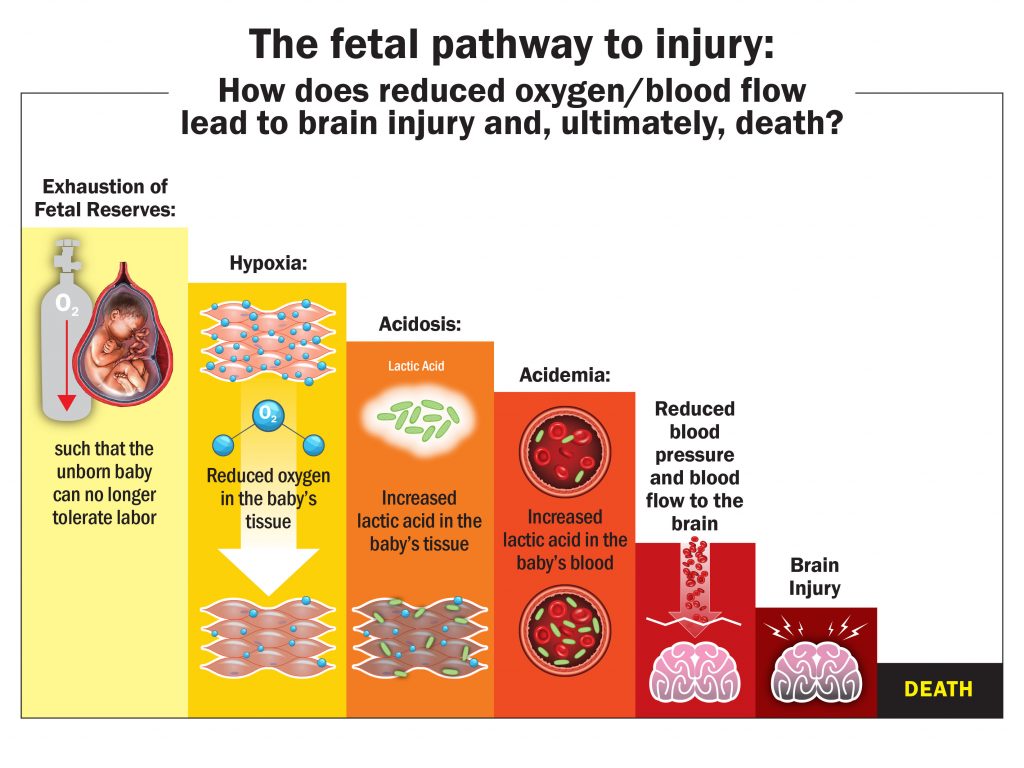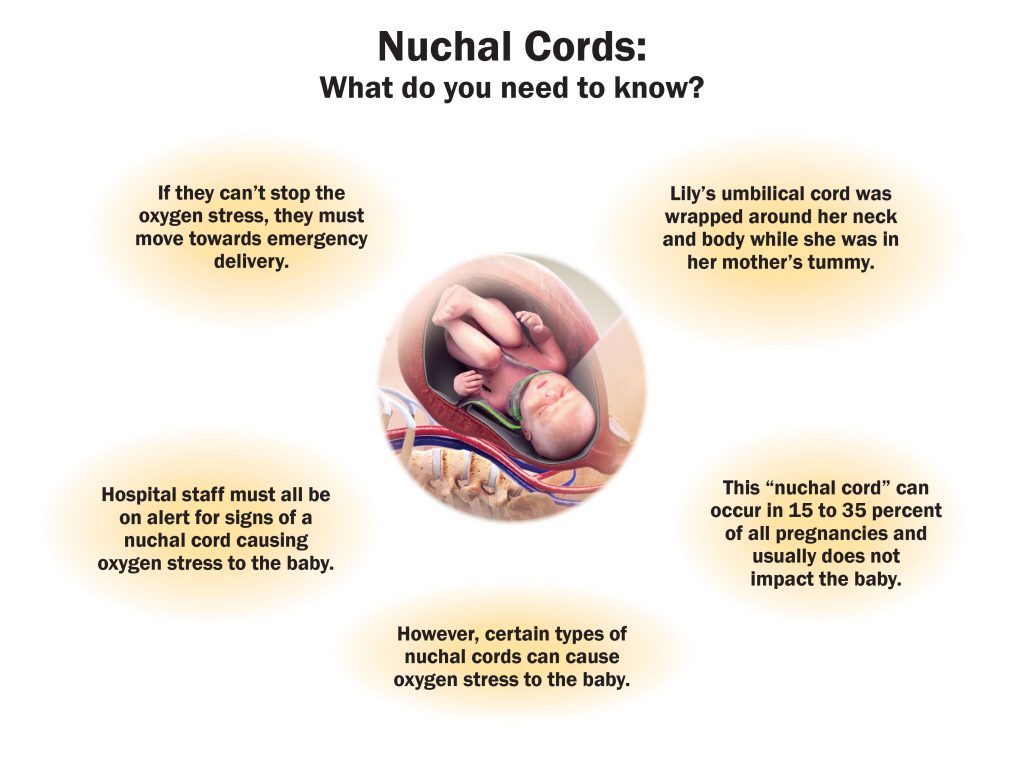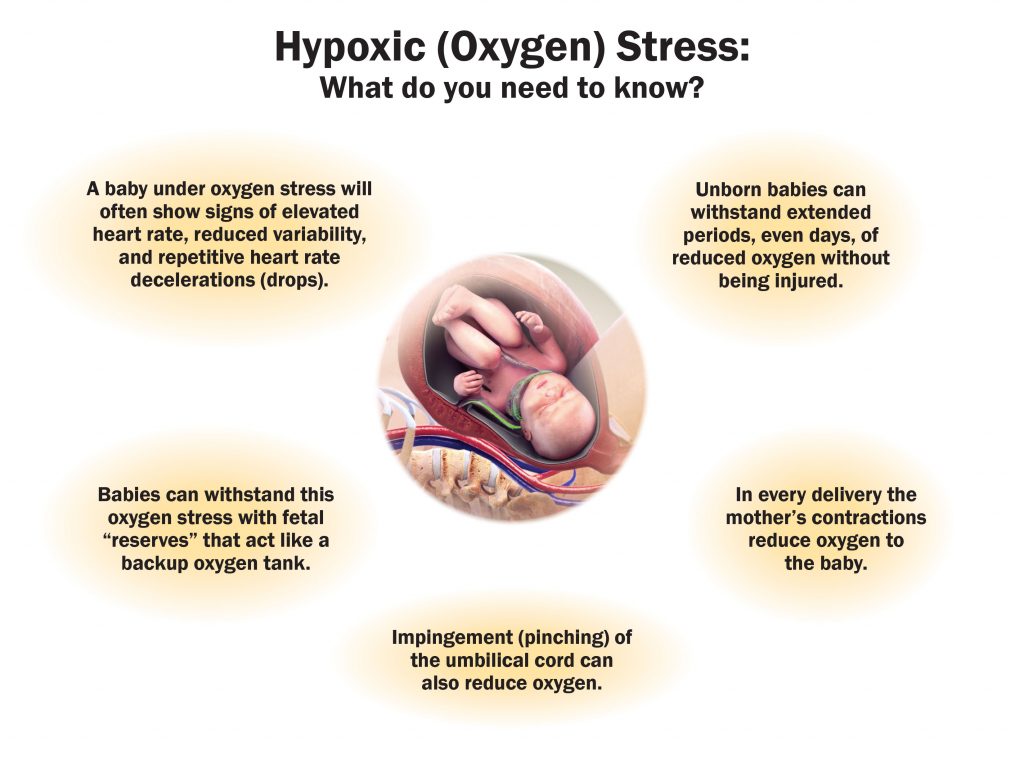Georgia law provides a legal cause of action when someone has been killed by another’s negligence. The legal action under Georgia law is called an action for “Wrongful Death”. The Tyrone Law Firm been successful on behalf of families bringing Wrongful Death lawsuits. In fact, we have also obtained some of the largest jury verdicts in the state. Below, we will outline a general overview of Wrongful Death lawsuits. As the law is complicated, what we are able to outline in a web-page is only the most general overview. Please take this advice. (It is the same advice we would give our neighbor or a member of our family). Before you select a lawyer to represent you – particularly in something as important as choosing a lawyer to bring a Wrongful Death Lawsuit on behalf of your family where you have lost a loved one – you must compare lawyers and choose wisely. A successful Wrongful Death Lawsuit – if handled correctly – can provide you and your family financial security for the remainder of your life. It is hard to overstate how much is at stake.
Wrongful Death Lawsuits in Georgia:
Georgia law is different than the law in many other places as it separates the entire Wrongful Death claim into several parts. The claim itself is separated into the following smaller claims:
- Claim for medical expenses prior to death.
- Claim for pain and suffering prior to death.
- Claim for the “full value of the life” from the viewpoint of the decedent. (*More about this below).
The first two parts of the claim can only be brought by the administrator of the decedent’s estate. This is one reason that the choice of an administrator of the estate is an important choice. The individual chosen as administrator actually has a “seat” at the Plaintiff’s table during a trial. It is critical that the administrator be someone who represents stability and reliability. This is because the administrator will be responsible for dispersing any money recovered from the Wrongful Death Claim for medical expenses, or pre-death pain and suffering. Depending on the circumstances of the decedent’s death, the money provided as compensation for these two categories can be significant. Therefore, the jury must view the administrator as someone they can count on to disburse the money in the way that maximizes the impact and benefit to the family left behind.
The third part of the claim is considered the claim for the “full value” of the life of the decedent. Georgia is different from many states in that the “full value” of the life is considered not from the perspective of a juror and how that juror might value life in general, or “their own” life, but particularly how the juror perceives that the decedent valued their own life and the monetary value the decedent would have put on their own life. While it might seem obvious that each of us would value our own life to the highest dollar amount, in fact, to the law, this not the case. In fact, the message behind this particular point of view is that “each person may put a different value on life”. Put another way “some of us put greater value on life than others”.
The lawyer must gather evidence of what the decedent valued in life. Is it family? What if there is no family? Is it activities in life? What if the person was not active? Is it the person’s faith in their creator? What if the decedent was not particularly a person of faith?
This is where the lawyer’s skill in putting on evidence – in fact, putting on “the story” of the decedent’s value of their own life is critical. At the Tyrone Law Firm, we have developed an expertise in this process. We employ the methods of a family therapist to discover the story of the person and how they lived their life. (In fact, we routinely use psychologists to work with us in “discovering” the decedent’s story). We employ the methods used by screenwriters, actors and directors to determine how to best tell the story of the client’s case. (In fact, we routinely use screenwriters and directors to help us craft the story – the witnesses, pieces of evidence and “scenes” from the decedent’s life that we will put before the jury).
Why we are “trial-focused” and “jury-focused”?
We are frequently asked why we place so much emphasis on preparing for trial, when what the client would really prefer is to have their case settled without a trial. Here is why – the Insurance Companies, who in most cases are the Defendants in our clients’ personal injury cases, are not going to pay out any more money than they are forced to pay. If they believe they can get away with paying less to settle a case, then they will. Here is the important part: Insurance companies and Corporations are going to pay different dollar amounts to different attorneys based on their fear of the attorney’s skill and ability as a trial attorney. There are many personal injury attorneys out there who always settle a case for whatever dollar amount the Insurance companies offer; they never go to trial. Knowing this, the Insurance Companies will not pay the full value of the claim to these attorneys because they know they can get away with paying less. They are only going to pay the full value of the claim to an attorney who has established a reputation for taking cases to trial, has a history of preparing all their cases for trial, and is known for performing well in the courtroom.
So, this is why we place emphasis on preparing for trial in all our personal injury cases. By doing so, we are effectively sending a message to the Corporations and Insurance Companies that we will not settle a claim for less than full value. We will do everything in our power to ensure that our client receives full compensation for their injuries.
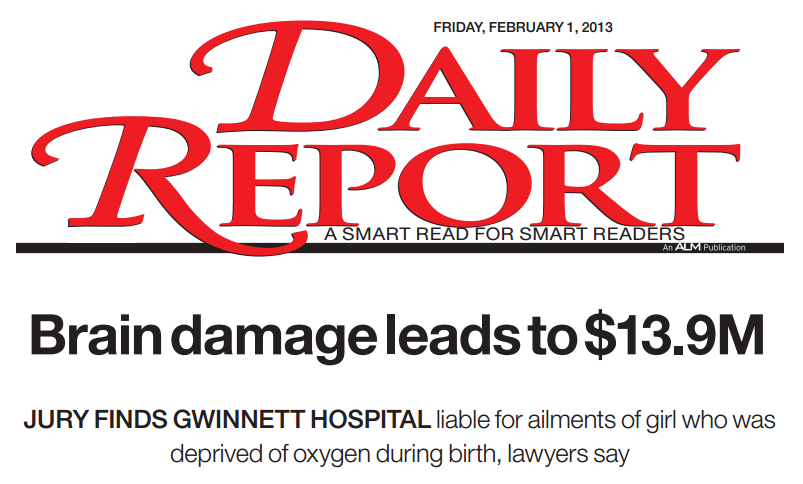
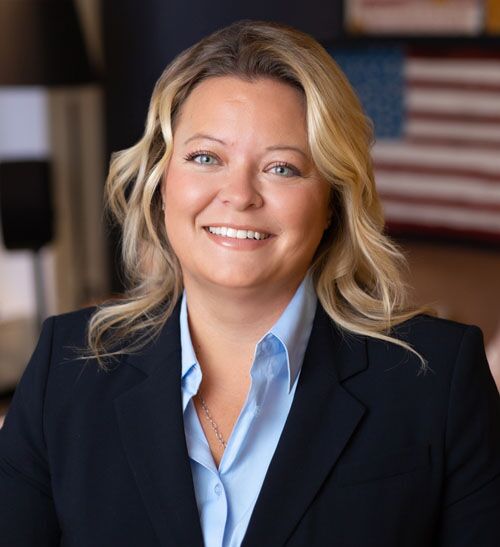
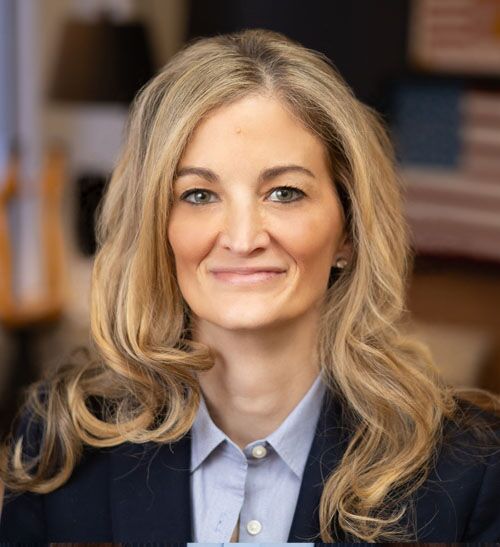

 Hayley serves as a Labor and Delivery Nurse Consultant for the Tyrone Law Firm. She attended and graduated Cum Laude from the University of Georgia in 2004 with a Bachelor of Arts degree in Journalism/Public Relations. After graduation she moved to the gulf coast where she pursued a career in real estate and development.
Hayley serves as a Labor and Delivery Nurse Consultant for the Tyrone Law Firm. She attended and graduated Cum Laude from the University of Georgia in 2004 with a Bachelor of Arts degree in Journalism/Public Relations. After graduation she moved to the gulf coast where she pursued a career in real estate and development.
